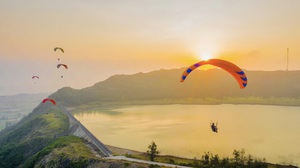
Vietnamese province proposes $9.5mn rainwater system for volcanic island facing groundwater depletion
Authorities in central Vietnam have proposed a VND250 billion (US$9.5 million) rainwater collection and supply system to address severe groundwater depletion threatening daily life and agriculture on Ly Son Island.
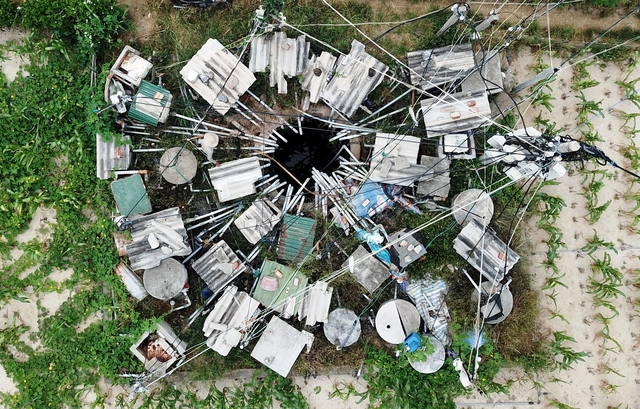
A well with hundreds of electric pumps used to extract groundwater for agricultural use on Ly Son Island, part of Kon Tum Province, central Vietnam. Photo: Tran Mai / Tuoi Tre
The proposed system would be built between 2026 and 2029.
It includes underground storage, a treatment plant with a capacity of 1,150 cubic meters per day, and water piping to serve about 11,000 residents and irrigate 32 hectares of farmland.
Ly Son spans about 10 square kilometers and is home to roughly 22,000 people.
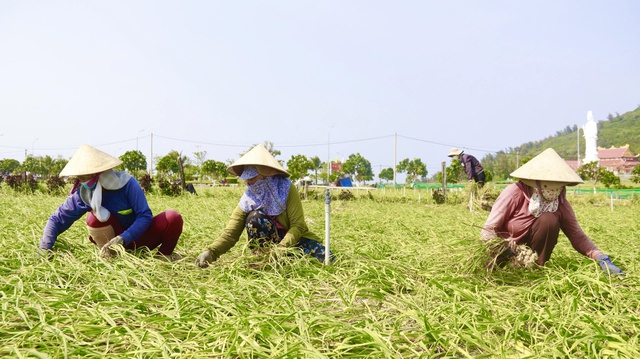
Farmers grow shallots and garlic on Ly Son Island, Kon Tum Province, central Vietnam. Photo: Tran Mai / Tuoi Tre
The small volcanic island, located about 30 km off the coast and previously part of old Quang Ngai Province before the province was merged into Kon Tum Province on July 1, has seen its underground freshwater reserves drop sharply.
Despite over 2,100 wells on the island, water shortages persist during the dry season, affecting both households and over 300 hectares of onion and garlic farms.
Tourism, which brings up to 250,000 visitors annually, has increased pressure on water resources.
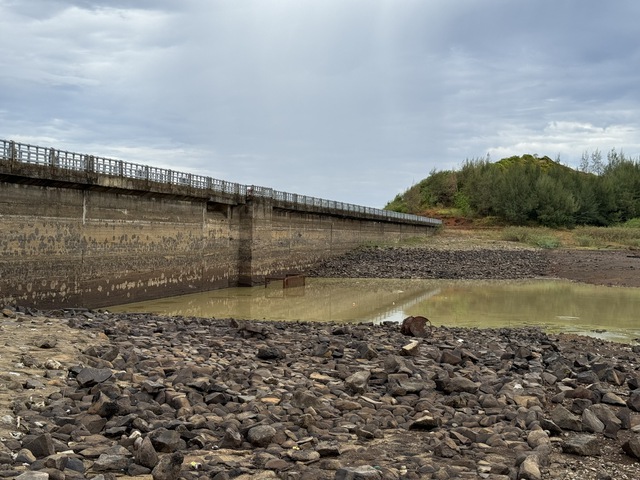
The Thoi Loi reservoir, the only water storage facility on Ly Son Island, built inside the crater of an extinct volcano. Photo: Tran Mai / Tuoi Tre
Groundwater extraction on the island is estimated at 21,700 cubic meters per day, far above the sustainable level of 3,200 cubic meters, according to provincial officials.
Saltwater intrusion has also affected many wells.
The Thoi Loi reservoir, constructed in 2012 within an extinct volcanic crater on the island, has a capacity of 270,000 cubic meters and is mainly used for agriculture.
Authorities last year proposed upgrading the reservoir to switch to domestic water supply.
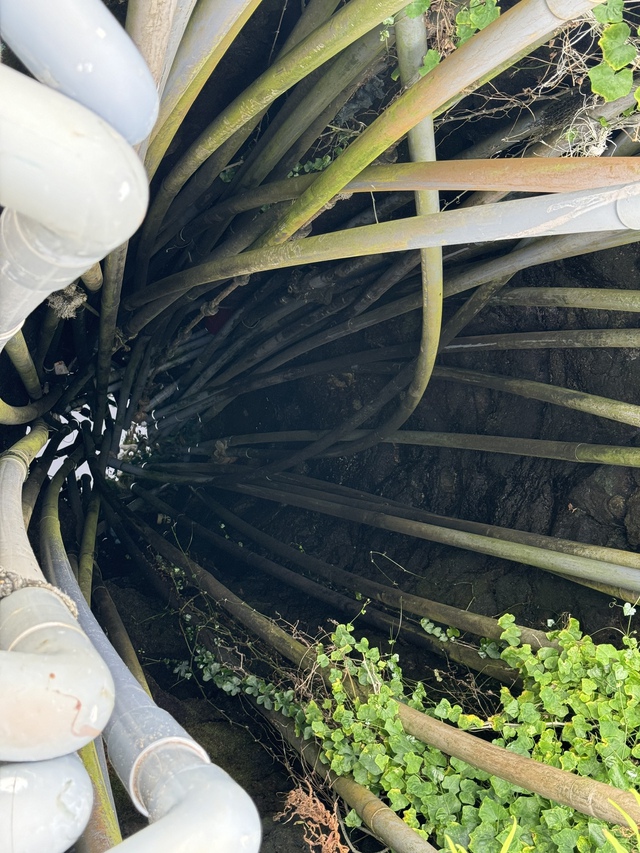
A well with hundreds of electric pumps used to extract groundwater for agricultural use on Ly Son Island, part of Kon Tum Province, central Vietnam. Photo: Tran Mai / Tuoi Tre
Rainfall on the island is considered sufficient, but most runoff flows into the sea due to a lack of infrastructure.
Since 2016, local regulations have banned new drilling or digging of wells.
Authorities say the proposed project will also promote rooftop rainwater tanks, stronger water conservation, alongside a long-term review of water demand through 2030 and 2045.
Bao Anh - Tran Mai / Tuoi Tre News
